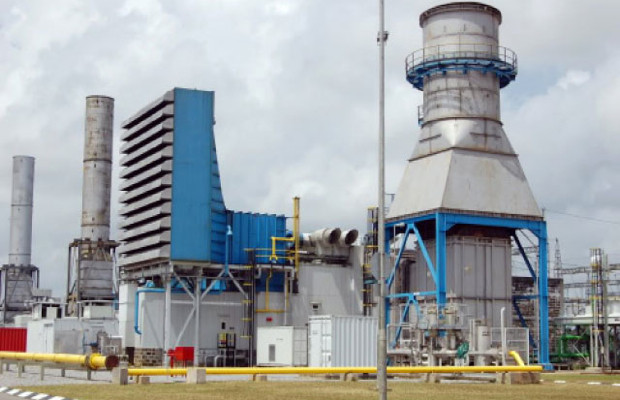In a concerning development for the Nigerian economy, recent reports indicate a notable slowdown, with adverse effects particularly impacting the manufacturing sector and other key industries. The Infosride news delves into the details of this economic deceleration, explores the challenges faced by the manufacturing sector, and examines the potential implications for overall economic recovery and growth.
Economic Slowdown at a Glance:
The reported economic slowdown reflects a deceleration in the pace of economic activities, resulting in lower growth rates and increased challenges for businesses across various sectors. Several factors may contribute to this downturn, including external shocks, policy uncertainties, and global economic conditions.
Manufacturing Sector Bears the Brunt:
1. Reduced Production Output: The manufacturing sector, a key driver of economic growth, appears to be bearing the brunt of the economic slowdown. Reduced consumer demand, supply chain disruptions, and challenges in accessing raw materials may contribute to a decline in production output for manufacturing companies.

2. Impact on Employment: A slowdown in manufacturing often correlates with a decrease in employment opportunities within the sector. As companies face challenges in maintaining production levels, they may implement cost-cutting measures, potentially leading to job losses and reduced income for workers.
3. Supply Chain Disruptions: Global disruptions in supply chains, exacerbated by factors such as trade tensions and the COVID-19 pandemic, can adversely affect the manufacturing sector. Delays in the delivery of raw materials and components may lead to production bottlenecks and increased operational costs.
4. Struggle for Market Competitiveness: In a challenging economic environment, manufacturers may find it increasingly difficult to remain competitive in both domestic and international markets. This struggle for competitiveness can result from factors such as rising production costs, currency fluctuations, and heightened global competition.
Broader Economic Implications:
1. GDP Growth Contraction: The slowdown in the manufacturing sector contributes to a broader contraction in Gross Domestic Product (GDP) growth. As manufacturing activities decline, their ripple effects extend to related industries and sectors, compounding the overall economic downturn.
2. Revenue Challenges for Government: A weakened manufacturing sector also poses challenges for government revenue generation. Reduced business activities lead to lower tax contributions, affecting the government’s capacity to fund essential services, infrastructure projects, and social programs.
3. Foreign Direct Investment (FDI) Impact: The economic slowdown may influence foreign investors’ perception of the country’s business climate. A decline in manufacturing and overall economic activities may deter foreign direct investment, impacting the inflow of capital and expertise into the economy.
4. Policy Responses and Stimulus Measures: The government may respond to the economic slowdown by implementing policy measures and stimulus packages. These could include targeted interventions to support the manufacturing sector, boost consumer demand, and stimulate economic recovery.
Navigating the Challenges:
1. Diversification Strategies: Manufacturers may consider diversification strategies to adapt to changing market conditions. Exploring new product lines, entering untapped markets, and embracing innovation can contribute to resilience in the face of economic challenges.
2. Collaboration with Government: Collaboration between the manufacturing sector and government entities is crucial. Engaging in constructive dialogues, advocating for policy reforms, and seeking support for infrastructure development can create an enabling environment for the sector.
3. Investment in Technology: Embracing technology and digitalization can enhance efficiency and competitiveness. Manufacturers investing in advanced technologies, automation, and digital solutions may find opportunities to optimize processes and reduce operational costs.
4. Focus on Sustainability: Incorporating sustainable practices can be a strategic response to economic challenges. Manufacturers emphasizing environmentally friendly processes, resource efficiency, and corporate social responsibility may appeal to conscious consumers and investors.
The Infostride’s Ongoing Coverage:
As the economic slowdown impacts the manufacturing sector and reverberates across the broader economy, The Infosride remains committed to providing ongoing coverage. Stay tuned for updates on economic indicators, insights into strategies adopted by businesses, and comprehensive reporting on developments shaping Nigeria’s economic landscape.
Support InfoStride News' Credible Journalism: Only credible journalism can guarantee a fair, accountable and transparent society, including democracy and government. It involves a lot of efforts and money. We need your support. Click here to Donate
